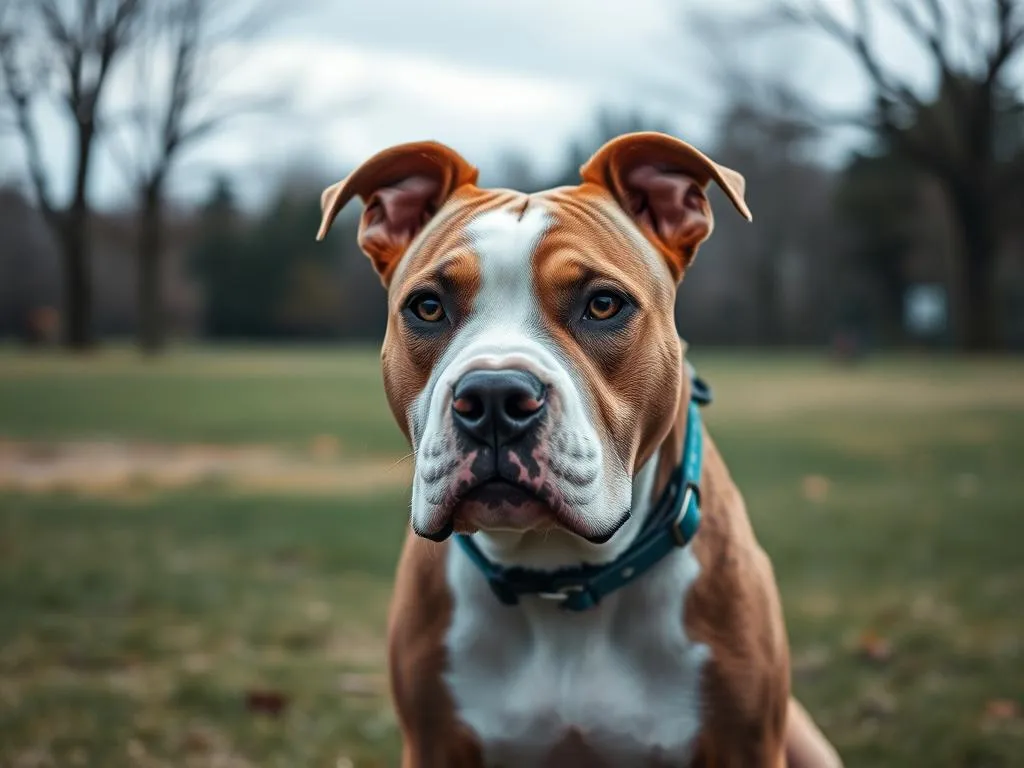
Introduction
Dog parks have become a beloved haven for pet owners and their furry friends, providing a space where dogs can socialize and expend their energy in a safe environment. However, with the increasing popularity of these communal spaces, understanding breed restrictions has become essential for responsible dog owners. One frequently asked question is, are pitbulls allowed in dog parks? This article aims to clarify the regulations surrounding Pitbulls and similar breeds in dog parks, helping owners navigate the often confusing landscape of breed-specific laws and park policies.
Understanding Dog Park Rules
General Dog Park Regulations
Before heading to a dog park, it’s crucial to familiarize yourself with common regulations that ensure safety for all dogs and their owners. Typically, these rules include:
- Leash Laws: Most dog parks require dogs to be leashed upon entry and exit. Once inside the designated area, owners can unleash their dogs, provided they are well-behaved.
- Vaccination Requirements: Many parks mandate that dogs be up-to-date on vaccinations, including rabies, to prevent the spread of diseases.
- Behavioral Guidelines: Aggressive behavior, excessive barking, or mounting are often prohibited, and owners are expected to intervene if their dog behaves negatively.
Adhering to these rules is vital not just for the safety of your dog but for all the dogs in the park.
Breed-Specific Legislation (BSL)
Breed-Specific Legislation, or BSL, refers to laws that regulate or prohibit specific dog breeds perceived as dangerous. These laws can vary significantly from one municipality to another. BSL often targets breeds like Pitbulls, Rottweilers, and Doberman Pinschers, among others. The rationale behind BSL is often rooted in the belief that certain breeds are inherently more aggressive.
However, it’s essential to recognize that BSL does not account for individual dog behavior, training, or the owner’s responsibility. This legislation can create confusion and stigma around breeds like Pitbulls, impacting their access to communal spaces, including dog parks.
Pitbulls and Dog Park Access
Legal Restrictions on Pitbulls
The legal landscape surrounding Pitbulls can be complicated. In some regions and cities, there are outright bans or specific restrictions on owning Pitbulls. For example:
- Cities with Bans: Some cities have enacted laws that prohibit Pitbull ownership altogether, which directly impacts access to dog parks for these breeds.
- Public vs. Private Parks: While many public dog parks adhere strictly to local BSL, private dog parks may have more lenient policies. Understanding the distinction is key for Pitbull owners.
In places where Pitbulls are allowed, it’s still important to check local regulations, as they can vary widely even within the same state.
Common Misconceptions
There are numerous misconceptions surrounding Pitbulls and their behavior. One prevalent myth is that all Pitbulls are aggressive. This stereotype can lead to unnecessary fear and discrimination. In reality, a dog’s behavior is often a reflection of its upbringing, training, and socialization rather than its breed.
Training and owner responsibility play pivotal roles in determining whether a Pitbull can safely enjoy a dog park. A well-socialized and trained Pitbull is just as capable of being friendly and playful as any other breed. Thus, it’s essential to challenge these misconceptions to foster a more accurate understanding of Pitbulls.
Evaluating Dog Parks for Pitbulls
Finding Dog Parks with Inclusive Policies
When seeking a dog park that welcomes Pitbulls, it’s vital to conduct thorough research. Here are some tips to help you find local dog parks with inclusive policies:
- Online Research: Check local government websites, community forums, and social media groups dedicated to pet owners in your area.
- Dog Park Reviews: Websites like Yelp or local pet blogs often provide insights into the atmosphere of dog parks and their policies.
- Community Engagement: Engaging with fellow dog owners can provide valuable information about the experiences of others with similar breeds.
Assessing Dog Park Environment
Choosing the right dog park for your Pitbull involves considering several factors:
- Size of the Park: Larger parks allow for more space for dogs to run and play, reducing potential conflicts.
- Visitor Demographics: Observing the types of dogs and their owners can provide insight into the park’s environment. Are there other Pitbulls or larger breeds?
- Safety Features: Look for parks with double gates, separate areas for small and large dogs, and secure fencing to enhance safety.
Visiting the dog park before bringing your Pitbull can help you assess whether it’s the right fit for your dog.
Preparing for a Dog Park Visit with a Pitbull
Training and Socialization
One of the most crucial aspects of preparing for a dog park visit with a Pitbull is ensuring they are properly trained and socialized. Here are some tips:
- Socialization: Expose your Pitbull to various environments, people, and other dogs from a young age. This experience helps reduce anxiety and fear-based aggression.
- Basic Commands: Ensure your dog is proficient in basic commands such as ‘sit,’ ‘stay,’ and ‘come.’ This training can be invaluable in managing your dog’s behavior in a park setting.
- Positive Reinforcement: Reward good behavior with treats or praise to reinforce positive interactions with other dogs and people.
Safety Precautions
Safety should always be a top priority when visiting a dog park with your Pitbull. Consider the following guidelines:
- Leash and Muzzle: While leashes are typically required for entry, some owners choose to use muzzles as a precaution. It’s essential to ensure your dog is comfortable and accustomed to a muzzle if you choose this option.
- Hydration: Bring water for your dog, especially on hot days. Many parks provide water stations, but it’s always best to be prepared.
- First Aid Kit: Carry a basic dog first aid kit for minor injuries or emergencies.
By taking these precautions, you can help ensure a safe and enjoyable experience for all.
Alternatives to Dog Parks
Private Dog Parks
If you’re concerned about potential restrictions or negative experiences at public dog parks, consider exploring private dog parks. These facilities often offer more flexible policies regarding breed restrictions. Benefits of private parks include:
- Controlled Environment: Private parks typically limit the number of dogs allowed, creating a more controlled and less chaotic atmosphere.
- Membership Benefits: Some private parks offer memberships that include training classes, events, and other resources for dog owners.
Dog-Friendly Spaces
In addition to dog parks, there are many other options for socialization and exercise. Here are some alternatives:
- Dog-Friendly Beaches: Many coastal areas have designated dog-friendly beaches where dogs can play off-leash.
- Hiking Trails: Numerous trails welcome leashed dogs, providing excellent opportunities for exercise and socialization in a natural setting.
- Community Events: Look for local dog meetups, pet-friendly festivals, or dog shows to engage with other dog owners and socialize your Pitbull.
Exploring these alternatives can help Pitbull owners find suitable spaces for their dogs to enjoy without the worry of breed-specific restrictions.
Conclusion
Understanding the policies regarding Pitbulls in dog parks is essential for responsible pet ownership. As we’ve explored, regulations can vary significantly based on location and park type, making it crucial for owners to do their research. By promoting responsible ownership, socializing and training Pitbulls, and engaging with the community, we can help foster a more positive image of this breed in public spaces. Ultimately, the goal is to create safe, welcoming environments for all dogs, including our beloved Pitbulls.
By being informed and proactive, Pitbull owners can enjoy the camaraderie of dog parks and contribute to a more inclusive community for all dog lovers.









